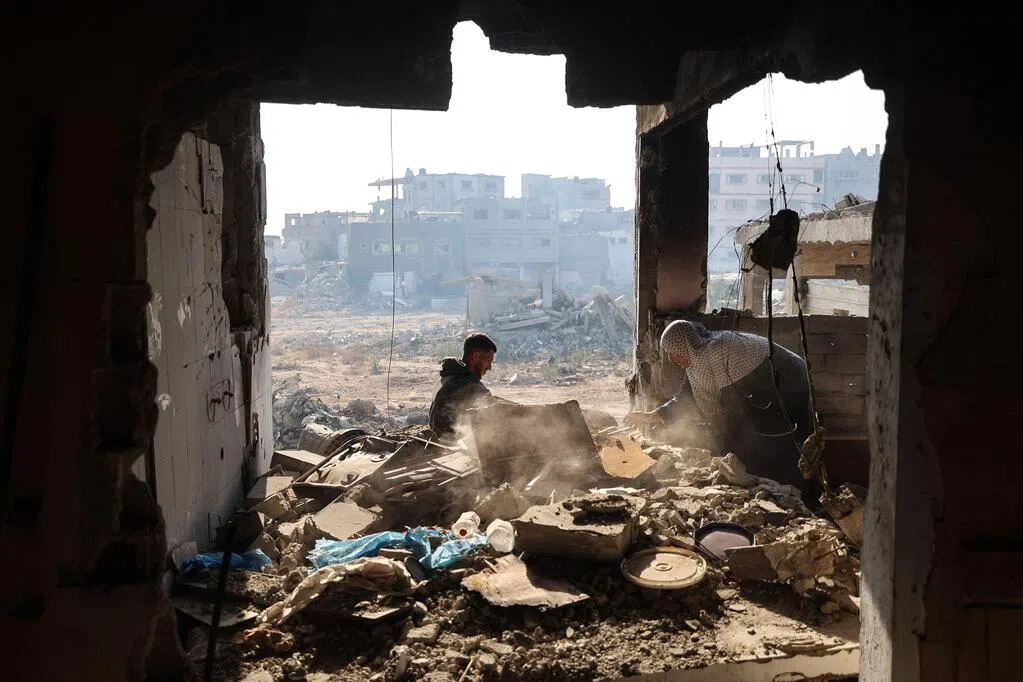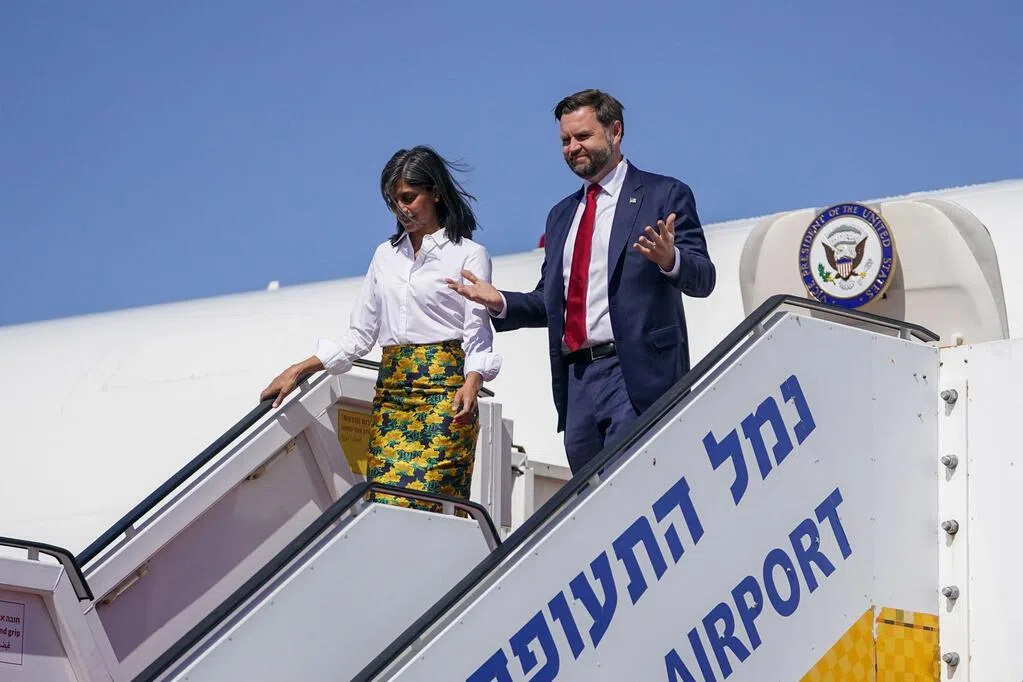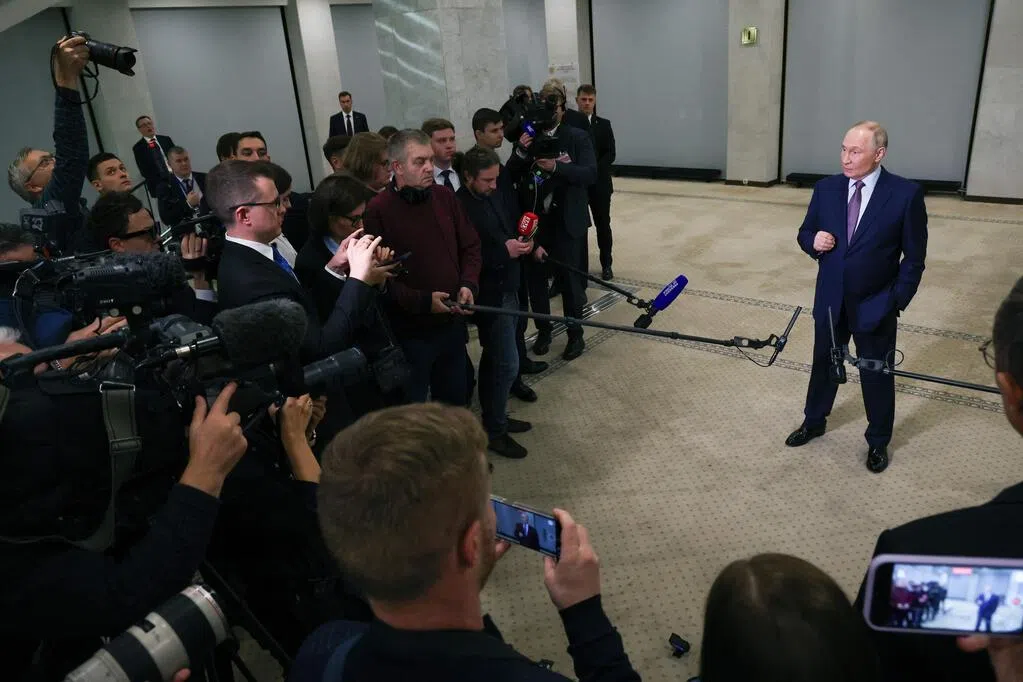(Jerusalem/Cairo) – U.S. Secretary of State Rubio expressed his hope for the swift establishment of an international force to oversee the Gaza ceasefire. The same day, several Palestinian factions, including Hamas, agreed to establish an independent technocratic body to govern Gaza.
Rubio, visiting Israel on Friday (October 24), said the key to the Israeli-Palestinian ceasefire agreement lies in quickly creating the conditions for the international force to be deployed to Gaza once it is established.
Rubio confirmed that Israel has a veto over the composition of the international force. Earlier reports indicated that Israel opposes Turkish participation. Rubio said, "There are many countries willing to join this international force. However, when it is formed, its members must be countries that Israel can accept."
Turkey is a NATO member, a major military power in the Middle East, and the first Muslim-majority country to recognize Israel. However, under President Recep Tayyip Erdogan, Turkey has strongly criticized Israel's attacks on Gaza.
Indonesia, the country with the world's largest Muslim population, has indicated its willingness to send troops to Gaza. Indonesian President Prabowo Subianto stated in September during his visit to New York to attend the UN General Assembly that Indonesia was ready to deploy 20,000 peacekeepers to Gaza to contribute to maintaining peace there.
Further reading


Hamas, the Palestine Liberation Organization (Fatah), and other Palestinian factions issued a joint statement on Friday agreeing to establish a temporary, independent, technocratic body to govern Gaza.
The Palestinian factions held a two-day meeting in Cairo under Egyptian auspices starting Thursday. The statement released after the meeting said the new body would be composed of non-partisan individuals from Gaza and would be responsible for managing day-to-day affairs and providing basic services. The statement also called for the establishment of an international committee to oversee the funding and implementation of Gaza's reconstruction.
The Palestinian factions demanded the full implementation of the first phase of the Gaza ceasefire agreement reached earlier this month between Israel and Israel and called on the Security Council to adopt a resolution authorizing the proposed temporary international force to monitor the ceasefire.
Hamas has stated that it has no intention of maintaining control of Gaza after the war, but has rejected calls for disarmament. Hamas spokesman Qassem said on social media: "We have reached an agreement on the second phase of arrangements for governing Gaza, confirming that the Palestinian government will administer the Gaza Strip and that Gaza and the West Bank will not be separated."
Qassem said they would next discuss relations with the occupiers, weapons arrangements for resistance forces, and the presence of international forces.
Gaza's education system destroyed, children out of school for three years
Separately, UNICEF's Middle East and North Africa regional director, Begbeder, told AFP in Jerusalem on Thursday that the two-year war has devastated Gaza's education system, leaving children out of school for three years.
Begbeder, who had just returned from a visit to Gaza, said that more than 80% of schools there have been destroyed or unusable. He said that if all children are not able to resume education by February of next year, they will be out of school for four consecutive years, becoming a "generation without education."
Begbeder told AFP that the Israeli-Kazakh ceasefire, which took effect in early October, has enabled UNICEF and other education partners to place approximately one-sixth of children who should be in school in temporary learning centers. These learning centers, often located near schools or refugee camps, are poorly equipped. "They have three days of reading, math, and writing lessons, but that's nowhere near the standard formal education you get," Begbeder said.



